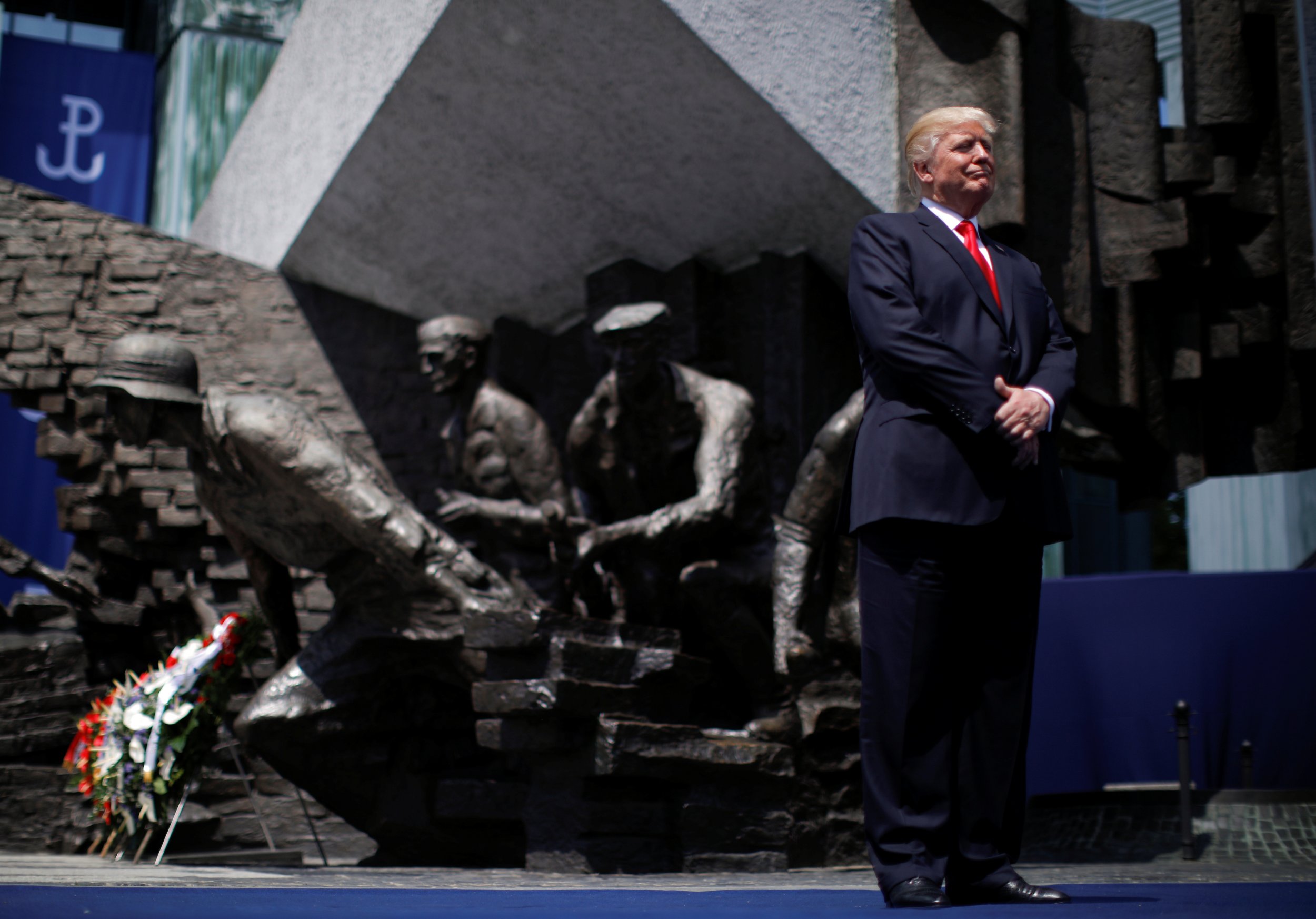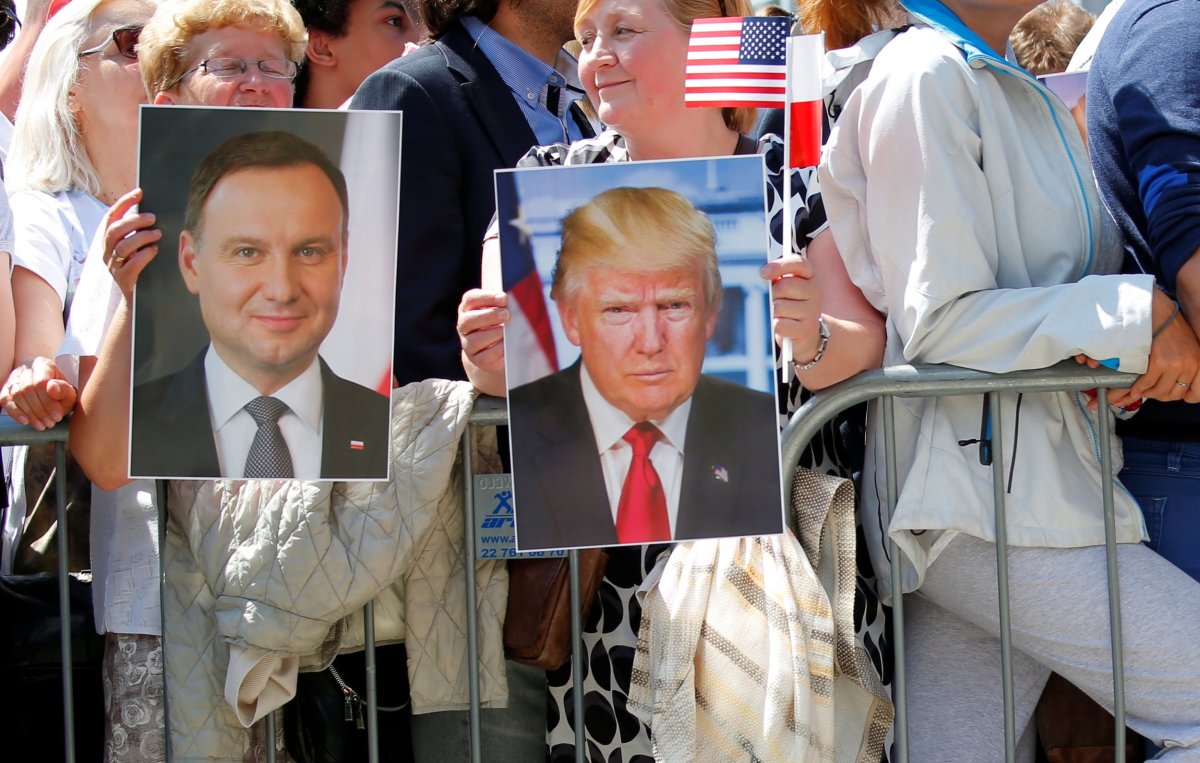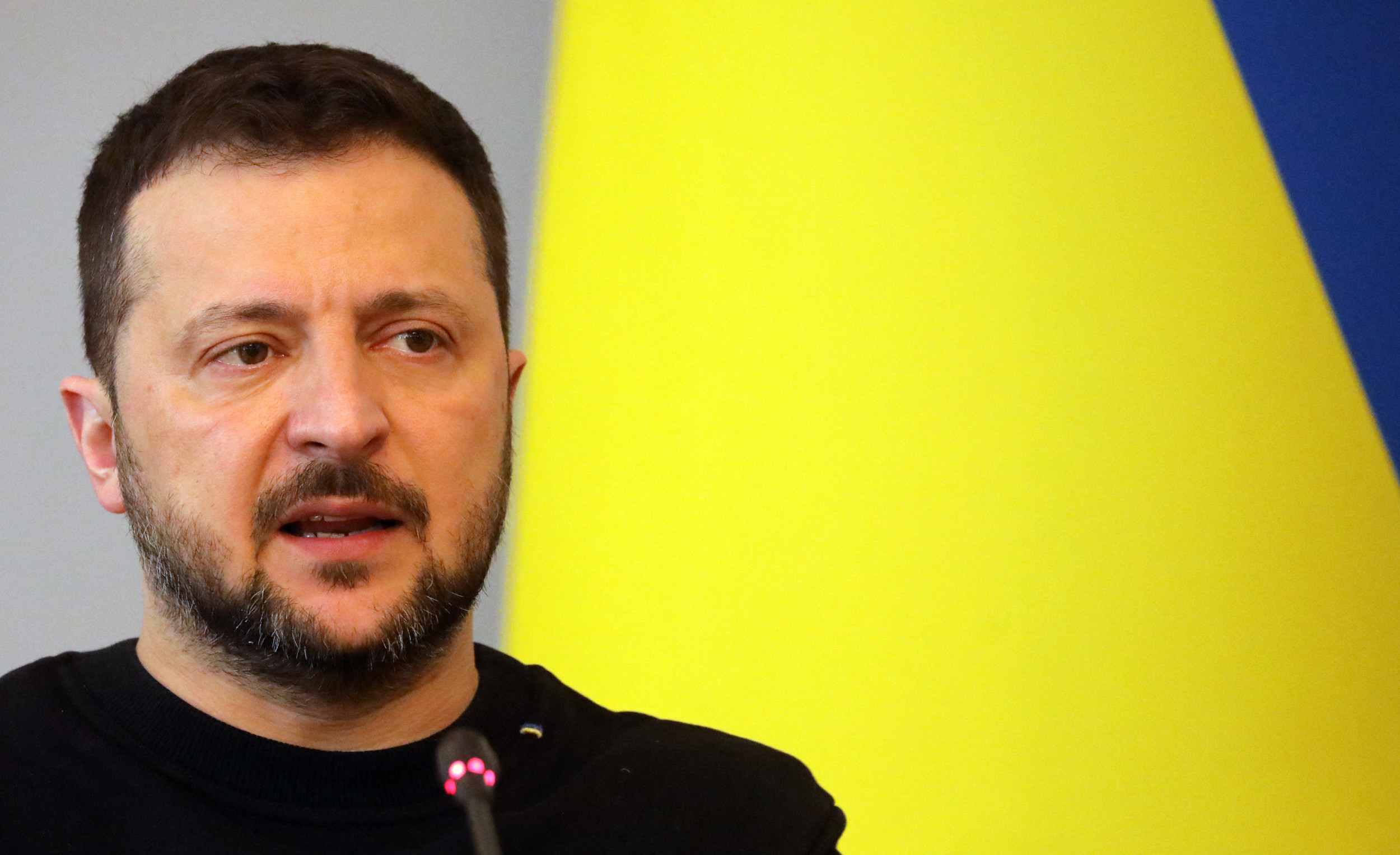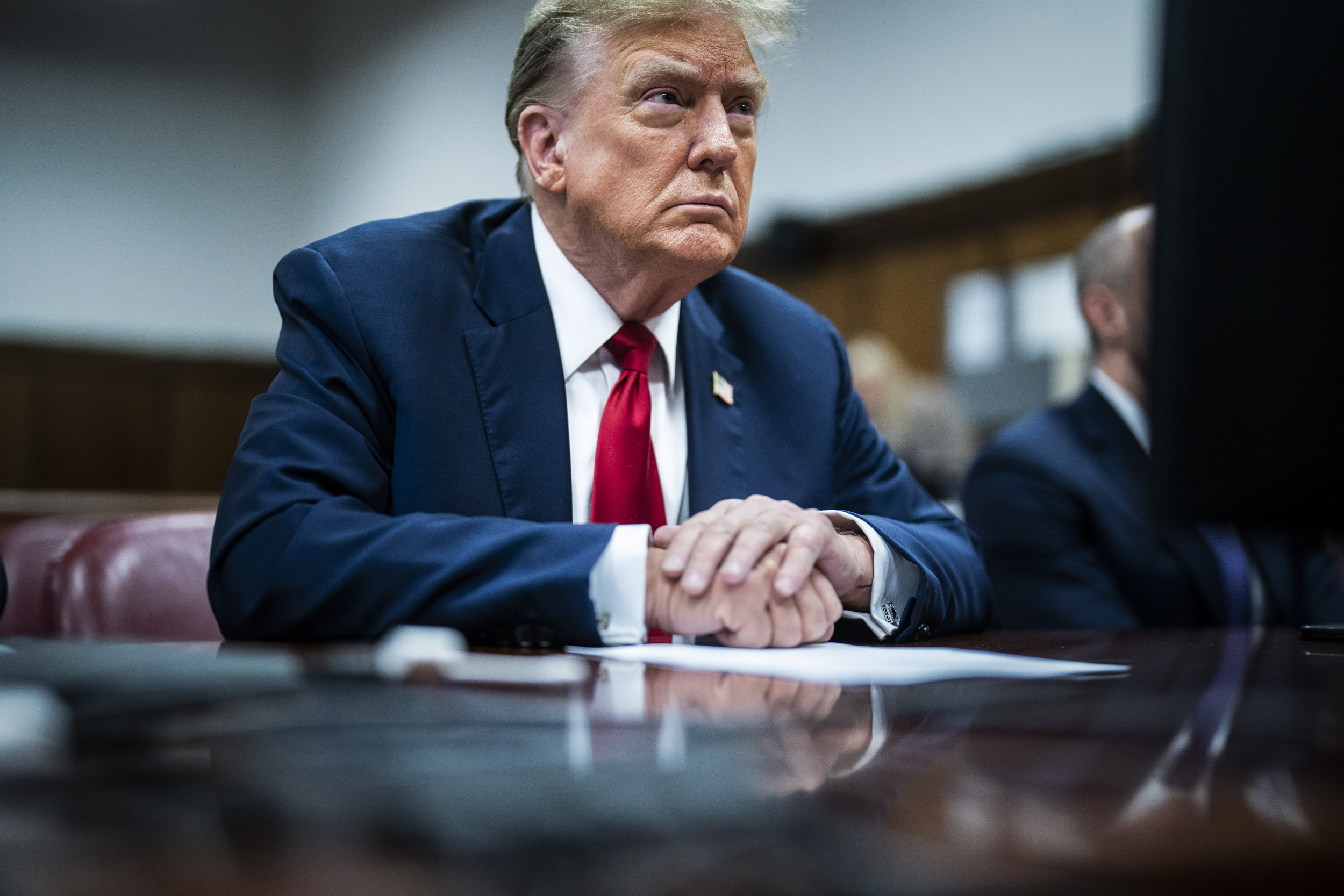
President Trump is right: the West is facing an existential threat. He said so in a speech in Warsaw last Thursday, declaring that the "fundamental question of our time is whether the West has the will to survive." The president wondered if "we have the desire and the courage to preserve our civilization in the face of those who would subvert and destroy it."
Trump's speech was written by Stephen Miller, a top White House aide known to traffic in overheated nationalism. Trump's remarks accordingly singled out the West's primary enemy: "radical Islamic terrorism," a verbal construction that holds almost shamanistic powers for the right.
RELATED: Why Russia still loves Josef Stalin
We shouldn't downplay the threat posed by the Islamic State militant group and its affiliates. Nor should we exaggerate it. The fanatics motivated by a warped interpretation of the Koran will do their best to kill innocents, but so will fanatics who have nothing to do with Islam, mass murderers who take their cue from The Turner Diaries, the Old Testament or the whispers of private demons. More than 8,000 Americans have been killed by guns in 2017. Does that make the gun lobby an enemy of the West?
The profound irony of Trump's speech is that if the thriving democracies of the West are threatened, it is by the illiberal forces unleashed by Trump and his fellow nationalists in Europe (including his host in Warsaw, Polish President Andrzej Duda, but also Marine Le Pen in France and Nigel Farage in Great Britain, among others). Promising to protect the West, they abrogate the very values that make us Western.

The West is not a place but a concept, an agreement between people, as well as between people and governments, about how we should comport ourselves within society. A suicide bomber may murder innocents, but he cannot kill the West anymore than he can kill Euclidian geometry. Authoritarians are far more dangerous to the fragile institutions that sustain our civilization. One need only look to Poland's neighbor to the east—Russia—for evidence of what bleak future could await us all.
Western values aren't like the metric system: There isn't an institute in Paris where those values, and their precise definitions, are enshrined. This is the stuff of philosophers, and of the undergraduates they teach, arguing late into the night over Plato, fueled by bourbon-spiked lattes. That doesn't prevent us, however, from outlining a foundation on which Western society rests: a respect for the scientific method, a primacy of observable reality over belief and myth; rational discourse in the public sphere; a tolerant humanism rooted in the belief that dignity is inherent in all people.
Every society has violated these concepts at one time or another. Trump violates them daily, joyously. That's what makes his defense of the West so preposterous.
The superiority of the West is often cast in terms of technological and scientific advances, of relentless rationality triumphing over nature's seemingly intractable mysteries: the steam engine, the Polio vaccine, the achievements of Newton, Einstein, the Curries.
RELATED: Should Democrats move to the center?
Trump's approach to science is stunningly retrograde, best exemplified by his embrace of climate denialists like Scott Pruitt, whom he appointed to head the Environmental Protection Agency and Rick Perry, his Department of Energy secretary. Both men are zealots for fossil fuels, believers in an antediluvian, carbon-worshipping economy that even their beloved free market has come to increasingly reject. About 97 percent of climate scientists agree that the globe is warming; Pruitt and Perry would have been Flat Earthers in another day, and would have been harmless.
Pruitt and Perry are abetted by a president who lacks curiosity about the world beyond his golf courses and, consequently, sees no need to fund the curiosities of others. The White House budget blueprint released this spring contained such severe cuts to the National Institutes of Health, NASA and the National Science Foundation, among other research organizations, that The New York Times declared Trump was waging "a war on science."
His war is really against knowledge of any kind. "I love the poorly educated," Trump said in 2016, during his presidential campaign. That love was bred of polling data, not some profound Wagnerian identification with those who till the fields or toil in factories. Trump's affection isn't for those who shunned an expensive college education for the dignity of blue-collar work. It is, instead, affection for a kind of belligerent ignorance that has taken hold of many Americans, regardless of their political convictions.
Trump's genius was to exploit that ignorance, to fill the lack of meaning from which so many Americans suffer with his colorfully paranoid inventions: Mexican rapists flooding across the border, corrupt mainline Republicans scheming against him in Capitol Hill backrooms, the crooked Clinton cabal working feverishly with international bankers and coastal elites to stifle his political ascent. Trump has never relied on reasoned argument to convince his fellow citizens of the rightness of his ideas. Instead, he managed to tap into voters' irrational fears, offering himself as a savior from imagined monsters. This is not the democracy of Pericles, who told Athenians in his famous funeral oration, "happiness depends on being free, and freedom depends on being courageous." There is no joy in Trumpism, no celebration of the freedoms that democracy—the most Western concept of all—affords. There are only fears, which seem to grow darker by the way.
Immanuel Kant, one of the West's most original and challenging thinkers, wrote in 1784, "Enlightenment is man's emergence from his self-imposed immaturity. Immaturity is the inability to use one's understanding without guidance from another." He added, "The public use of one's reason must always be free, and it alone can bring about enlightenment among mankind" (public reason is different from private reason for Kant, a distinction that could be fascinating to explore in the context of federal "leakers" and whistleblowers; but that's best left to the aforementioned philosophy professor and his spiked-latte-sipping students).
Trumpism is hostile to Enlightenment, of rational discourse between free and free-thinking citizens. During his campaign—and since—Trump turned the public square into a wrestling ring, sometimes literally so, as in the infamous tweet that shows a video of him tackling a figure representing CNN.
During his speech in Poland, Trump acknowledged that the arts were a touchstone of Western civilization: "We write symphonies." True enough. But do we listen to them? Do we respect their composers?
RELATED: Trump's election boogeyman wants to make it harder to vote
In Central Park last month, a production of Julius Caesar was disrupted by pro-Trump supporters. They were outraged by the decision to depict the assassinated Roman general as a Trump-like figure. "You are all Goebbels. You are all Nazis like Joseph Goebbels," fulminated one of those protesters, the notorious right-wing troll Jack Posobiec. He seemed oblivious to the fact that the Nazis had advocated for the suppression of "degenerate" art. Or, for that matter, that the play had been written by William Shakespeare and in no way endorses political assassination as an effective means of political change.
It's easy to ignore the arts when North Korea threatens nuclear war. But they are crucial for the Western enterprise. "One day, the last portrait of Rembrandt and the last bar of Mozart will have ceased to be—though possibly a coloured canvas and a sheet of notes may remain—because the last eye and the last ear accessible to their message will have gone," Oswald Spengler wrote in The Decline of the West.
Trump, meanwhile, has proposed radically cutting funding for the arts, a longstanding goal of Republican culture warriors. After the Warsaw speech, the classicist Charles J. McNamara in The Washington Post wrote about his work on Thesaurus Linguae Latinae, a Latin dictionary more than a century in the making. If Trump cuts funding to the National Endowment for the Humanities, McNamara's work will be imperiled. "When our president's family history is told through gaudy hotels and neon-saturated casinos," McNamara writes, "and when his policy positions center on a hyperbolic 'big, beautiful wall' and tales of urban violence worthy of dystopian action films, it should surprise no one that his administration is racing to cut its support, small as it already is, of the quiet study of old books."
It's hard to think of an effort more Western than the preservation of the Latin language, the language of Cicero, Caesar and Augustus, of Saint Jerome and Thomas Aquinas. That's not likely to matter much to White House budget director Mick Mulvaney, who has said cutting programs is a means of showing taxpayers compassion. For their benefit, he wants "demonstrable evidence" and "results." An earlier generation of Republican would have countered that reading Ovid is a good of its own, immune to results or budgetary vicissitudes. But that brand of Republican died with Nelson D. Rockefeller and William F. Buckley, Jr.,: today, in fact, he would be called a liberal elitist, memed halfway to death on Twitter.
Given the conservative Catholicism of presidential hit-man Stephen Bannon—and of the Catholic audience in Warsaw—it may well be that "the West," for Trump, is just code for Christendom. That would be an inaccurate way to understand Western civilization, but Trump wouldn't be the first to make that conflation.
But even on those narrower terms, Trumpism is an affront to Western society, not its savior. Take, for example, the Sermon on the Mount, with its unspeakably moving invocations of human dignity. Here are true Christian values, which have nothing to do with abortion, Duck Dynasty or who uses which bathroom.
Read the Sermon, then scroll through Trump's Twitter feed, full of hideous invective, attacks against women, aspersions cast upon helpless Syrian refugees, juvenile shows of braggadocio, cynical deceptions, ludicrous displays of insecurity. This is precisely what Christ railed against. No amount of support from "the evangelicals," as Trump puts it, will render the ugliness he has injected into American society into an expression of Christian faith. He has no faith beyond his own gilded ego.
"I declare today for the world to hear that the West will never, ever be broken," Trump said at the conclusion of his speech. But it is already breaking, a civilization imperiled by the very people promising to save it.
Uncommon Knowledge
Newsweek is committed to challenging conventional wisdom and finding connections in the search for common ground.
Newsweek is committed to challenging conventional wisdom and finding connections in the search for common ground.
About the writer
Alexander Nazaryan is a senior writer at Newsweek covering national affairs.
To read how Newsweek uses AI as a newsroom tool, Click here.








